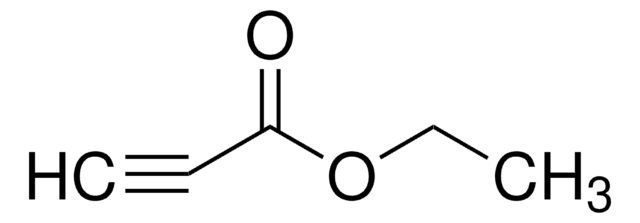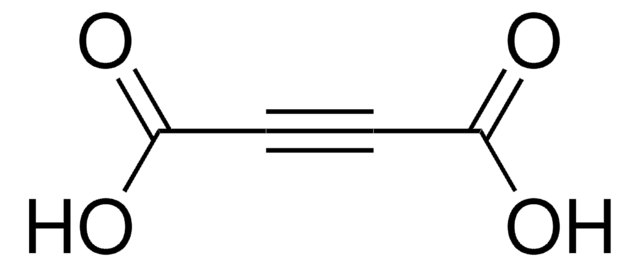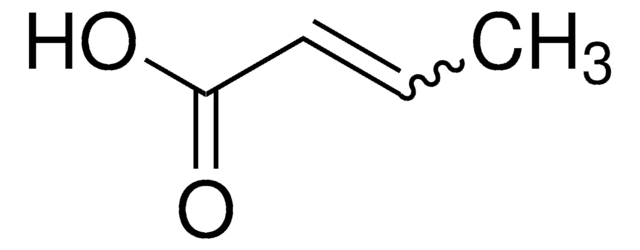303666
2-Butynoic acid
98%
Sinónimos:
Tetrolic acid
Iniciar sesiónpara Ver la Fijación de precios por contrato y de la organización
About This Item
Fórmula lineal:
CH3C≡CCO2H
Número de CAS:
Peso molecular:
84.07
EC Number:
MDL number:
UNSPSC Code:
12352100
PubChem Substance ID:
NACRES:
NA.22
Productos recomendados
Quality Level
assay
98%
form
solid
mp
78-80 °C (lit.)
functional group
carboxylic acid
SMILES string
CC#CC(O)=O
InChI
1S/C4H4O2/c1-2-3-4(5)6/h1H3,(H,5,6)
InChI key
LUEHNHVFDCZTGL-UHFFFAOYSA-N
Categorías relacionadas
General description
The rotational spectrum of 2-butynoic acid was measured by pulsed supersonic-jet Fourier transform microwave spectroscopy.
Application
2-Butynoic acid was employed as synthon in a variety of reactions, including cycloacylation of phenols to flavones and chromones, and cyclization to γ-butyrolactones. It was also used in synthesis of Z-trisubstituted olefins via γ-alkylation.
signalword
Danger
hcodes
Hazard Classifications
Eye Dam. 1 - Skin Corr. 1B
Storage Class
8A - Combustible corrosive hazardous materials
wgk_germany
WGK 3
ppe
Eyeshields, Faceshields, Gloves, type P3 (EN 143) respirator cartridges
Elija entre una de las versiones más recientes:
¿Ya tiene este producto?
Encuentre la documentación para los productos que ha comprado recientemente en la Biblioteca de documentos.
Los clientes también vieron
Almost free methyl top internal rotation: Rotational spectrum of 2-butynoic acid.
Ilyushin V, et al.
Journal of Molecular Spectroscopy, 267(1), 186-190 (2011)
gamma.-Alkylation of 2-butynoic acid. Route to controlled prenol homologation.
Pitzele BS, et al.
The Journal of Organic Chemistry, 40(2), 269-270 (1975)
Jie Chen et al.
The journal of physical chemistry. B, 112(26), 7794-7802 (2008-06-06)
The solution behavior of a model compound, tetrolic acid (TTA), is studied via molecular dynamics simulations in four organic solvents. The results suggest that strong interactions between TTA and solvent molecules (ethanol or dioxane) prevent the formation of carboxylic acid
S Parveen et al.
Chemical communications (Cambridge, England), (12)(12), 1531-1533 (2005-03-17)
The application of FTIR spectroscopy to concentrated solutions of tetrolic acid shows, for the first time, a direct relationship between molecular self association in solution and H-bonded motifs in the subsequently crystallised solid phases.
I A Mjör et al.
Journal of dental research, 61(8), 967-972 (1982-08-01)
Adhesive bonding of resins to dentin surfaces requires the removal of the layer of debris caused by the cutting. Certain isotonic acidic solutions can do this rapidly. Five solutions were evaluated using cell cultures and pulp studies in monkeys. At
Nuestro equipo de científicos tiene experiencia en todas las áreas de investigación: Ciencias de la vida, Ciencia de los materiales, Síntesis química, Cromatografía, Analítica y muchas otras.
Póngase en contacto con el Servicio técnico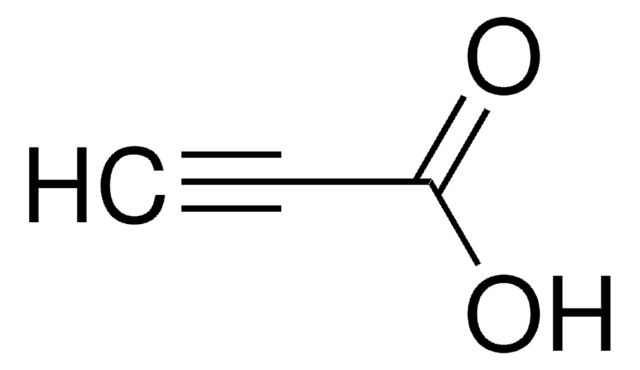
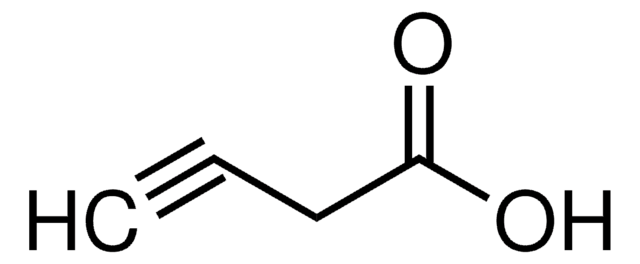
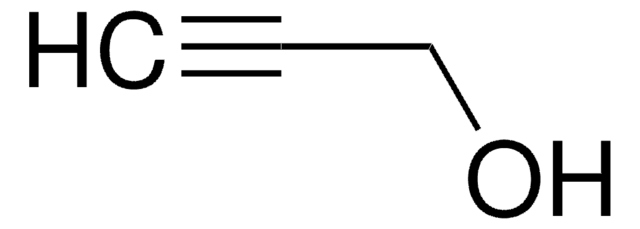
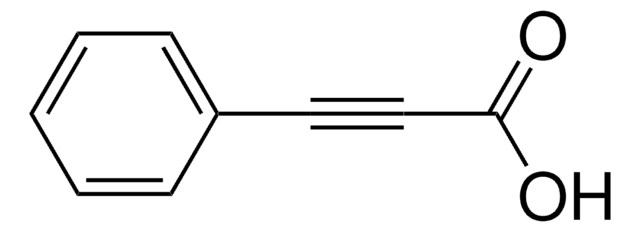
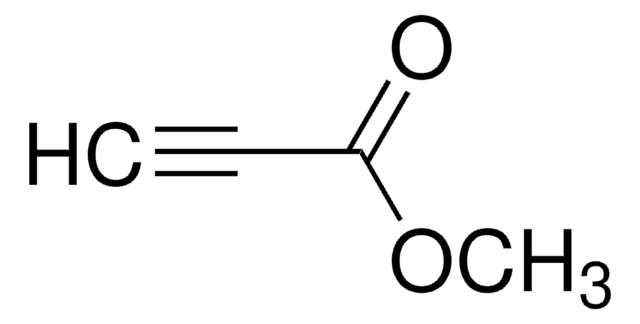
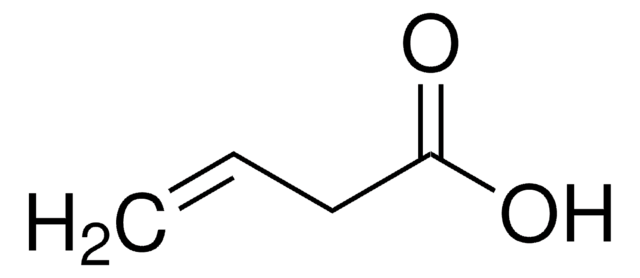

![1,8-Diazabiciclo[5.4.0]undec-7-eno 98%](/deepweb/assets/sigmaaldrich/product/structures/120/564/5b373e23-1624-489c-8efb-692de0f96ffb/640/5b373e23-1624-489c-8efb-692de0f96ffb.png)
